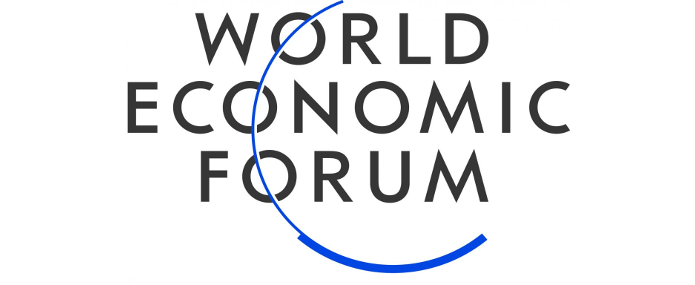The annual meeting of the World Economic Forum opens in Davos (Switzerland) on January, 23. Entitled “Creating a shared future in a fractured world”, it raises a fundamental question with this issue. How should this question be answered, especially by the European Union, the spearhead of a project for equitable and sustainable globalisation, but which itself appears fractured today?
At the end of the Cold War (fall of the Berlin Wall and collapse of the Soviet bloc), the OECD countries organised peace around two pillars: trade globalisation (signing of the WTO agreement in 1994) and sustainable development, a compromise between the necessary correction of an unsustainable capitalist model and the developing countries’ aspirations for prosperity (Rio Summit in 1992). However, financial liberalisation and the ensuing deregulation at the global level, among other measures resulting from the Washington Consensus, were accompanied by an increase in inequalities and growing pressure on the Earth’s resources. Recently, this context has provided a breeding ground for different types of populism. The election of Donald Trump in the United States and the withdrawal of the United Kingdom from the European Union have put exclusively national interests back at the heart of the policies conducted by two of the wealthiest countries in the world.
Over and above Brexit, the European project is running out of steam, and is regularly criticised—or even rejected—for its lack of vision for its people, and the European Union seems to be at risk of imploding. However, it remains the world’s leading trading power, and the founding principles and implementation of its unifying project permeated negotiations for the 2030 Agenda and the Sustainable Development Goals (SDGs), adopted by the United Nations General Assembly in 2015. Armed with the unity demonstrated around this global project for sustainable prosperity, can the EU countries revive their commonalities based on a shared vision for the world and thereby give new—and sustainable—impetus to the continental project?
Over the period 2019-2021, the European Union will enter a decisive phase for its future: the effective withdrawal of the United Kingdom in March 2019 will be followed by the European Parliament elections and the renewal of the European Commission, with the adoption of the EU multiannual financial framework for the period 2021-2027 as the first major challenge. Preparations for this key phase need to begin in 2018, and the thrust of discussions, informed by different European Commission communications on the “Future of Europe”, will set the tone for future events.
In practical terms, several dates in the international agenda for sustainable development will provide opportunities for the EU to demonstrate the strength and coherence of its project.
In July 2018, during the United Nations High-level Political Forum, some 10 EU countries will present their progress on SDG implementation (Voluntary National Reviews), thereby giving the international community some initial indicators and signals regarding the credibility of the “European model”. Moreover, in 2018 the European Commission will publish a “reflection paper” on the follow-up of these 17 major global goals.
Concerning climate change targets, which require intense international cooperation to guarantee their effectiveness, 2018 will be a crucial year for the EU: COP24 will be held in Poland, with responsibility for presenting prospects for revised, more ambitious country contributions before 2020. Is Europe ready to play a decisive role—and a necessary one, both for itself in terms of the credibility of its own goals and at the global level to establish its exemplarity and its contribution to ensuring renewed leadership, be it shared—on this occasion?
The goal of COP14 to the Convention on Biological Diversity will be to prepare the review—that will take place in 2020 during COP15—of the Aichi Targets (2010-2020); Europe is contributing to the achievement of these targets through its own biodiversity strategy for 2020, and is thus expected to demonstrate progress made.
A year after the election of Donald Trump, the impacts felt by the multilateral cooperation system are unquestionable, and confirm the need for a long-term sustainable development agenda. Sustainable, equitable prosperity is not just one of many alternatives, but an obligation in terms of political and social stability. The European Union, at a crossroads from a political viewpoint, and France at its centre, must each build the complex conditions for ensuring leadership by initiative rather than by power, which implies joining forces with co-leaders, but also makes it possible to provide a strong, ambitious response to advocates of the status quo, or even of backtracking. The Davos summit, which will be attended by President Trump, is a first unmissable event.



